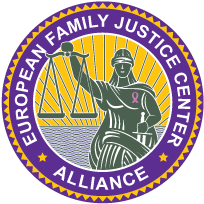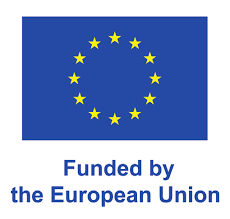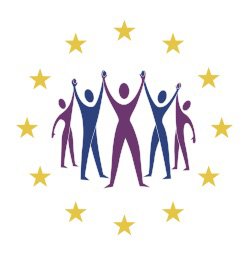Croatia
Development of feasibility model of FJC/multidisciplinary center in Croatia
Organisation/Third party
Society for Psychological Assistance
Grant amount
7.200 EUR
Website
https://dpp.hr
Country
Croatia
Title of the project
Further development of feasibility model of FJC/multidisciplinary center in Croatia
Project duration
9 months
Target groups
- relevant stakeholders and key experts in the area of GBV and DV (social welfare system, police, justice system, victim support services, organizations working with perpetrators etc.)
- professionals from stakeholder institutions and organizations that encounter victim/survivors and perpetrators in daily work with raised awareness on importance of trauma informed care
Project summary
The project titled "Further development and Implementation of a Multidisciplinary Approach to Address Gender-Based Violence (GBV) and Domestic Violence (DV) in Croatia" aims to advance the concept and practice of Family Justice Centers (FJC) and multidisciplinary centers in Croatia. The project is implemented by Society for Psychological Assistance (SPA), with the goal of improving the overall quality of victim/survivor-centered services and enhancing multidisciplinary collaboration among key stakeholders.
Project activities
- Piloting of the Family Justice Centre Model for Addressing Gender-Based and Domestic Violence.
- Monitoring and evaluation of Family Justice Centre Model.
- Stakeholder Supervision Sessions.
- Development of Informative Materials for Public Awareness.
- The Final conference: Dissemination of Project Insights.
Qualitative results
- Enhanced collaboration and knowledge exchange among stakeholders.
- Enhanced professional practice, peer support, and collaboration among stakeholders, leading to improved service delivery for victims and perpetrators of violence.
- Improved stakeholder engagement and continuous improvement of the center model.
- Clarity and accessibility of information conveyed, promoting understanding of the center's role in addressing GBV/DV.
- Knowledge exchange, collaboration, and networking among stakeholders, fostering ongoing efforts to address GBV/DV.
Quantative results
- Increased participation in working meetings.
- Attendance and participation in supervision sessions.
- Increased participation in feedback sessions.
- Distribution of materials through various channels.
- Attendance and participation of stakeholders.


